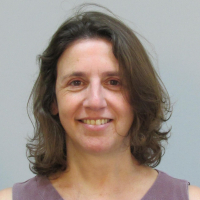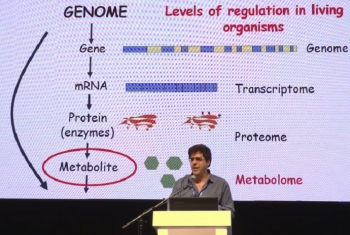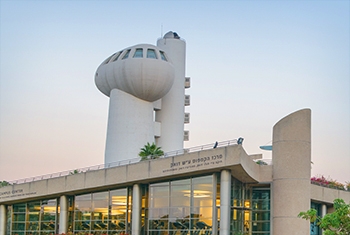The Vera and John Schwartz Family Center for Metabolic Biology provides Weizmann Institute scientists with the advanced tools and expertise they need to explore the biochemical building blocks of metabolism. Recent technological advances in metabolomics have greatly advanced biological research, helping to clarify the molecular basis for many cellular processes.
The Metabolic Profiling Unit within the Life Science Core Facilities is supported by the Vera and John Schwartz Family Center for Metabolic Biology. Serving more than 20 research groups at the Weizmann Institute, the Metabolic Profiling Unit promotes the use and advancement of mass spectrometry and liquid chromatographic techniques for the analysis of biological materials.



